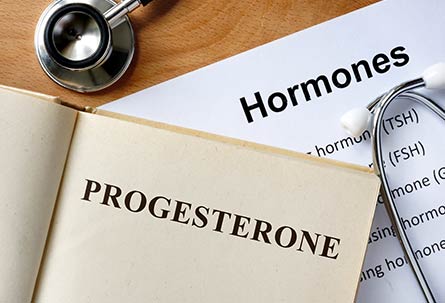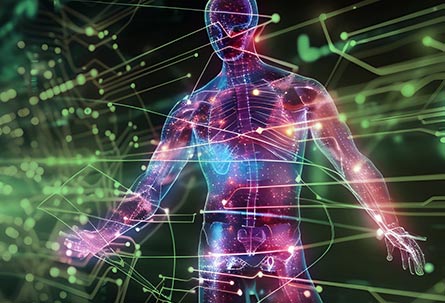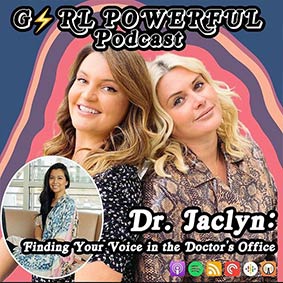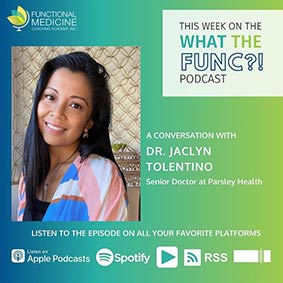
Integrative Primary Care
Primary care is more than just an annual check-up - it's a lifelong relationship that begins with a healthcare provider you trust. Integrative primary care emphasizes a holistic approach, combining conventional and complementary modalities, while understanding the value of multi-disciplinary care teams. At your primary care visit, you’ll receive the time and attention you deserve from your physician, working together collaboratively to develop healthcare solutions that meet all of your individual needs. From diagnostic tests and physicals exams, to emotional and spiritual considerations, integrative providers understand that your health is so much more than a symptom, a measurement, or a test result. It’s a complex network of factors that your physician must fully understand to provide you with the best care possible.
















